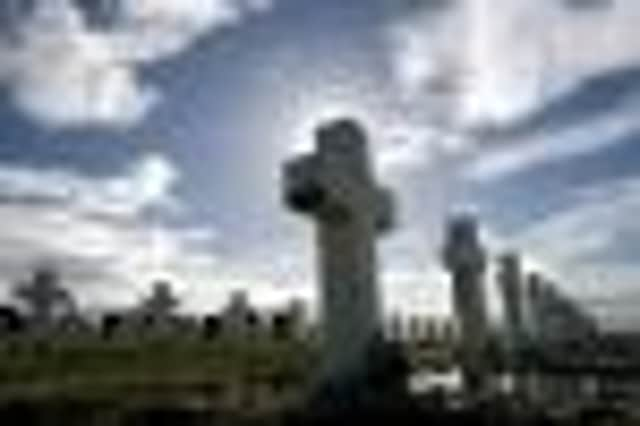Margaret Thatcher: Falklands was pinnacle and trauma


They were years of tumult and frenzy, sometimes savagery, but rarely serenity. She never lost an election, nor a vote in the House of Commons. In the end, in the Tory leadership battle, she failed to win outright in the first ballot and was persuaded not to stand in the second. She was succeeded as prime minister by John Major.
It was indeed a bizarre political world which pitched out the woman who, supporters claim, gave her party perhaps the most spectacular leadership since the Second World War.
Advertisement
Hide AdAdvertisement
Hide AdThese are some of the highlights – or as critics would have it, low points – which marked the Thatcher years of power.
The defeat of Argentina’s Falkland Islands invaders marked both the summit and the greatest trauma of Margaret Thatcher’s tempestuous premiership.
She recounted how she had to force herself to remain composed in front of TV cameras while inside she felt ready to cry while young Britons were dying 8,000 miles from Downing Street.
But after the agony, she said: “What the Falklands proved was that we could still do it, and do it superbly. There was a feeling of colossal pride, of relief, that we could still do the things for which we were renowned. And that feeling will stay with us for a very long time.”
Although the sovereignty of the Falklands had been a simmering issue between London and Buenos Aires, Mrs Thatcher had no inkling that the landing of a few so-called scrap merchants on South Georgia in March 1982, and the raising of the Argentine flag there, would blow up into the greatest British campaign since the Second World War.
On 21 May, the first British troops were wading ashore on one of the rocky beaches, and on 14 June, Argentine troops surrendered at Port Stanley. But within that period, 1,000 men were killed, including more than 400 in the Argentine warship the Belgrano, a sinking which has remained a hotbed of controversy ever since.
Those who attack the decision to sink the vessel on 3 May say she was leaving the exclusion zone around the islands, but Mrs Thatcher vehemently maintained that the Belgrano was a threat to the British taskforce.
There were moments of deep sadness and grief with the sinking of HMS Sheffield and HMS Antelope and the attacks on HMS Glamorgan and other British ships.
Advertisement
Hide AdAdvertisement
Hide AdBut there were also moments of elation, for instance her cry of “Rejoice!” when South Georgia was recaptured.
Throughout the conflict, Mrs Thatcher wore black. She constantly spoke of “our boys”. It was for her, more than anyone else except those fighting the war, 74 days of trauma.
But the war changed her. “It puts other worries in perspective - and always will,” she said. “It makes you very impatient when people magnify small worries into big ones.”